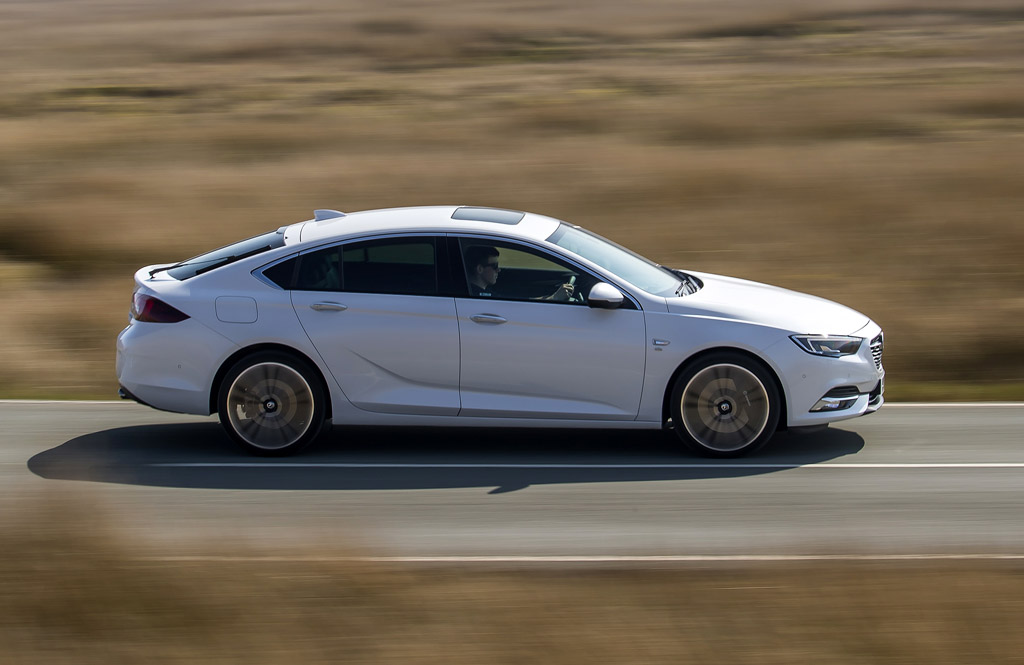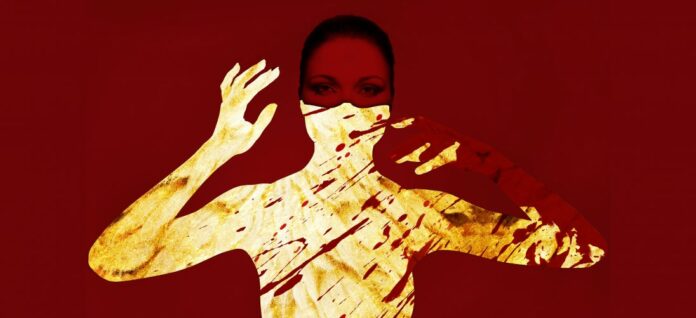The Wexford Opera Festival is a bit of an unusual proposition but it works and has done for years. Take three obscure operas, some of which haven’t seen the light of day since their début performance, and stage them again over the course of a few weeks.
Of course, some operas are obscure for a reason and maybe they should be left mouldering but for every duffer there are several gems.
This year was promising, with all three operas sung in Italian. It’s a general rule of mine not to go near German language opera. I find it dark and depressing. Surprisingly, opera in English is often woefully bad. There’s the advantage of being able to fully understand what’s going on without resorting to subtitles but there’s just something wrong about English language opera. You’re generally safer sticking with Italian or at a pinch, French.
We travelled down in the aftermath of Ophelia and just before storm Brian made itself felt. I was glad to be in Opel’s latest Insignia, a big, solid car with plenty of comfort and space.

I was surprised how well the 1.6 litre diesel performed and I never felt short changed for power. This particular car came with the option of adjustable suspension and there was a discernible difference between the various settings. Touring mode was great for comfort while Sport mode sharpened the chassis up notably.
We stayed in White’s Hotel, right in the centre of town and the beauty of that is you can park the car up for the few days and walk around.
The only time we took the car out was during a rare break in the weather when we drove out to Johnstown Castle on the outskirts of Wexford town. There are lovely wooded walks and a fantastic café serving home made produce that really deserves a visit. Some of the damage done by the storm was plain to see although I thought things might have been a great deal worse.
Along with the operas, Wexford is a great place to eat out. The Yard is a particular favourite and Greenacres is a great place too, particularly its food and wine shop which is well worth a browse.
We saved the best for last though, with a visit to Warren Gillen’s Cistín Eile. It’s not the fanciest looking place and in fact it’s quite small but the food is sublime. Ten hour cooked beef was on the menu and I couldn’t pass it by. An utterly stunning dish.
A lot of people gave out about the first opera we saw, Medea, by Luigi Cherubini, an opera with a dark plot involving a poisoned cloak and a mother killing her two sons.
The objections appeared to centre around the costumes, which were very modern, with some characters appearing in track suits. For me, the actress playing Medea stood out for the sheer quality of her voice. As far as I’m concerned, she carried the whole opera.
On our second night, the weather was really foul but luckily, we were dining in Greenacres and they put on a bus to bring patrons to the opera. We finished early, so the owner gave ourselves and two ladies from Nenagh a lift over.
On the way over, we got chatting and they mentioned a man who moved from Ennis to Nenagh and who loved his music. I immediately knew they were talking about Gerry Slevin, who was a reporter with us until he left to edit the Nenagh Guardian. I love Ireland for random encounters like this.
The opera that night was a delight from start to finish. Margherita tells the story of a dodgy Mayor, his nephew and the girl he wants to marry. Despite a dual and our hero being thrown into prison for a murder that didn’t actually take place, it all ends happily ever after and that’s more than you can say for most operas.
The final opera, Risurrezione was probably the best of the three, even though I didn’t hold out much hope for it. It was set largely in Siberia and I had visions of a dark plot and even darker sets. The composer of this opera, Franco Alfano, is known for finishing Turandot after its author, Puccini, died. Risurrezione is based on one of Leo Tolstoy’s last novels and despite its location in the wilds of Northern Russia, it’s quite an uplifting piece.
It tells the story of a young aristocrat who wrongs a chambermaid in his employ. Years later he discovers her in a Siberian prison and dedicates his life to saving her and righting the wrongs he has done throughout his life.
All too soon it was time to head home and I was again grateful to the Insignia and the huge boot which was well capable of swallowing all we had brought and all we had purchased.
Motoring editor - The Clare Champion
Former Chairman and voting member of Irish Motoring Writers' Association

